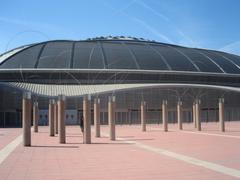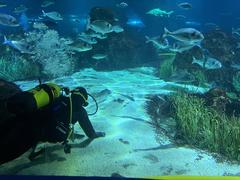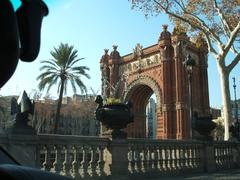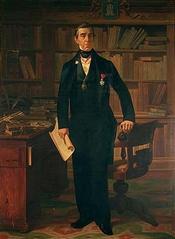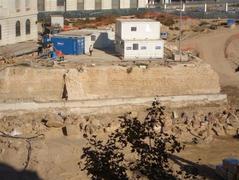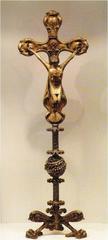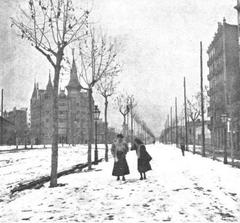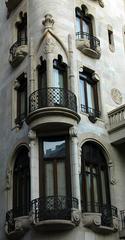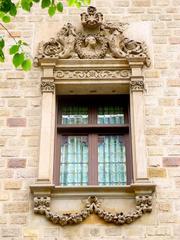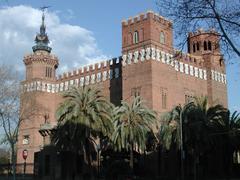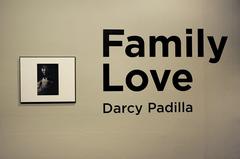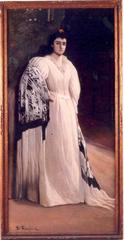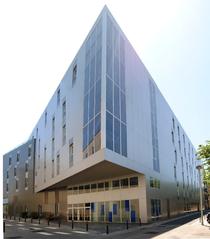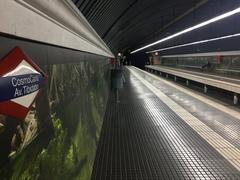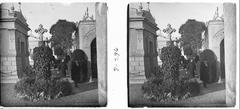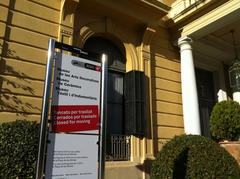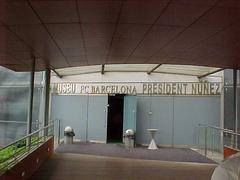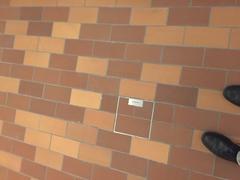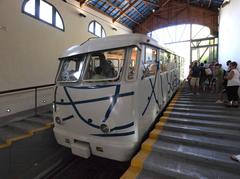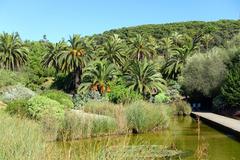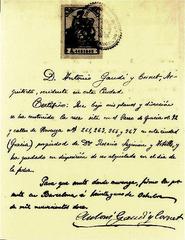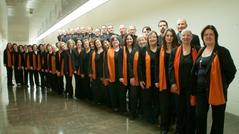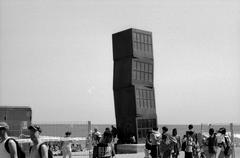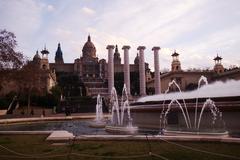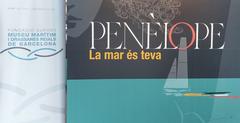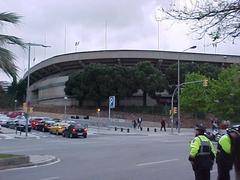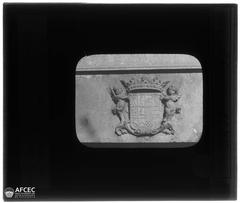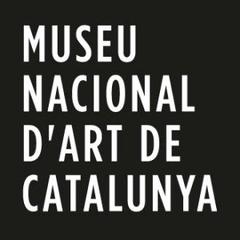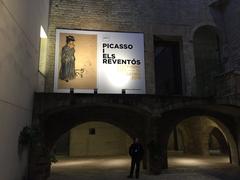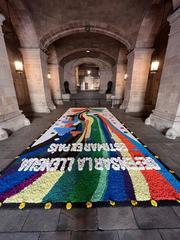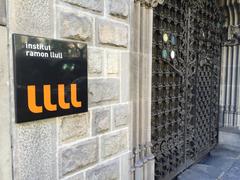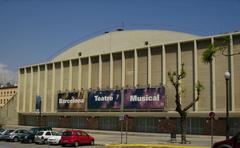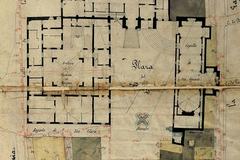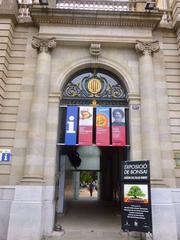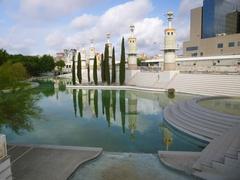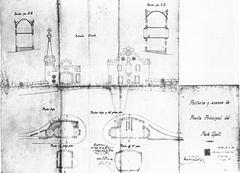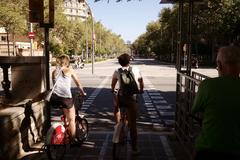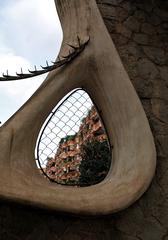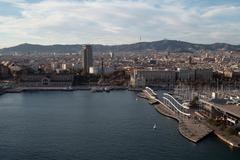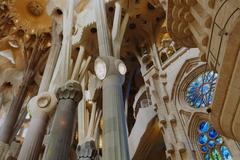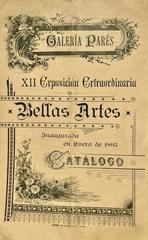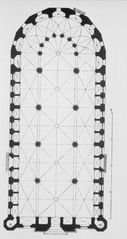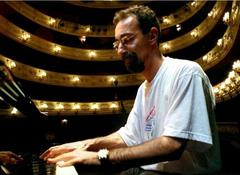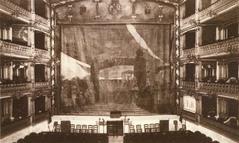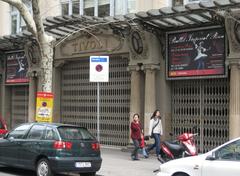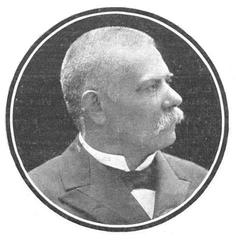Václav Havel’s Place Barcelona: Visiting Hours, Tickets, and Tourist Guide
Date: 03/07/2025
Introduction
Václav Havel’s Place in Barcelona is a unique public art installation and civic memorial dedicated to Václav Havel (1936–2011)—the Czech playwright, dissident, and statesman who helped guide Central Europe’s peaceful transformation to democracy. This living monument is more than a tribute: it is a thoughtfully designed space for dialogue, reflection, and community engagement, echoing Havel’s conviction that open conversation underpins a healthy democratic society. Located in a central, accessible area of Barcelona, Havel’s Place is part of an international network of over 40 installations worldwide, reinforcing universal values of freedom, human rights, and civil society.
This comprehensive guide details the history, symbolism, visiting information, travel tips, and cultural significance of Havel’s Place in Barcelona, equipping you with everything you need for a memorable and meaningful visit (Václav Havel Library, Barcelona Turisme, mzv.gov.cz).
Historical Context: Václav Havel and His Legacy
Václav Havel was one of the most influential moral leaders of the late 20th century. As a founding spokesperson of Charter 77, he challenged the Czechoslovak government to uphold fundamental human rights, later becoming a symbol of peaceful resistance during the 1989 Velvet Revolution. Havel served as the last President of Czechoslovakia and the first President of the Czech Republic, guiding his nation through democratic transition (Václav Havel Library).
The Havel’s Place Initiative: Origins and Philosophy
The Havel’s Place project was initiated in 2014 by Czech architect Bořek Šípek and diplomat Petr Gandalovič. Each installation features two chairs and a round table pierced by a linden tree—the national tree of the Czech Republic—inviting visitors to sit, converse, and reflect. This design symbolizes open dialogue, democratic growth, and the organic evolution of civil society (mzv.gov.cz).
Havel’s Place in Barcelona: Establishment and Symbolism
Barcelona’s Havel’s Place, dedicated in February 2014, is located within the iconic Parc de la Ciutadella, adjacent to the Catalan Parliament. Selected for its accessibility and civic resonance, the site embodies Havel’s ideals of public participation and free exchange of ideas. The two chairs positioned at a round table (with a living linden tree emerging through its center) are angled toward each other—encouraging a natural, respectful posture for conversation (Wikipedia, Bořek Šípek’s website).
Inscribed on the table’s rim is Havel’s iconic motto: “Truth and love shall prevail over lies and hatred.” The living linden tree, with heart-shaped leaves, links the memorial to Havel’s homeland and his signature symbol of hope.
Visitor Information: Hours, Tickets, and Accessibility
- Visiting Hours: Havel’s Place is an outdoor installation, open 24 hours a day, year-round.
- Tickets: No tickets or reservations are required; entry is free.
- Accessibility: The site and surrounding park paths are wheelchair accessible.
- Location: Parc de la Ciutadella, beside the Catalan Parliament.
- Metro: The nearest station is Arc de Triomf (L1), a 10-minute walk.
- Bus: Multiple lines serve the park; public transport is recommended due to limited parking.
- Travel Tips: Early mornings or late afternoons offer a tranquil atmosphere. Bring water, sun protection, and comfortable shoes, especially in summer (Spain Inspired).
Nearby Attractions
- Parc de la Ciutadella: Home to the Barcelona Zoo, museums, and gardens.
- Arc de Triomf: A historic gateway and popular landmark.
- El Born Neighborhood: Vibrant area with cafés, galleries, and shops.
- Picasso Museum: A short walk away, featuring an extensive collection of Picasso’s works.
For accessible amenities, including restrooms and cafés, consult the Barcelona Turisme site.
Cultural and Civic Significance
Havel’s Place is not only a tribute to Václav Havel but also a living space for Barcelona’s tradition of civic activism and cultural exchange. The installation frequently hosts educational activities, public readings, and community events—especially on dates significant to human rights and European unity. It serves as a site for informal gatherings and reflection, strengthening ties between Barcelona’s local heritage and broader European democratic values (Historical Archives of the European Parliament).
The Global Network of Havel’s Place Installations
As of July 2025, there are 49 Havel’s Place installations worldwide, including cities such as Washington, D.C., Paris, Lisbon, Dublin, and Tokyo, as well as numerous sites in the Czech Republic. Each shares the same design and purpose: to foster dialogue, commemorate peaceful resistance, and celebrate the values Havel championed (Prague Now, Wikipedia).
Educational Opportunities
Visitors can deepen their understanding of Havel’s impact through digital exhibitions, interviews, and archival materials available on the Václav Havel Library website. Barcelona’s Havel’s Place also serves as an educational resource for schools and civic groups.
Accessibility and Inclusion
Barcelona is renowned for its commitment to accessibility. Havel’s Place and the surrounding area feature smooth, level paths, ramps, and accessible public transport options (metro lines L2, L5, L9, L10; low-floor buses; accessible taxis). Navilens QR codes, visual and print information, and access to sign language guides are available to ensure a welcoming experience for all (Barcatrips).
Frequently Asked Questions (FAQ)
Q: What are the visiting hours for Havel’s Place Barcelona?
A: Havel’s Place is outdoors and accessible 24/7.
Q: Is there an entrance fee or ticket required?
A: No, the site is free and open to all.
Q: How do I get there by public transport?
A: Use the Arc de Triomf metro station (L1) or city bus lines serving Parc de la Ciutadella.
Q: Is Havel’s Place wheelchair accessible?
A: Yes, the site and park pathways are fully accessible.
Q: Are guided tours available?
A: While there are no official guided tours dedicated solely to Havel’s Place, the site is often included in city walking tours, and local organizations may host events or readings.
Q: Can I organize an event or gathering there?
A: Informal gatherings are encouraged. For organized events, contact local organizations or the Václav Havel Library.
Visuals and Media
High-resolution images, videos, and virtual tours of Havel’s Place are available on the Václav Havel Library and tourism websites. These resources often include descriptive alt text for accessibility.
Summary and Final Tips
Havel’s Place Barcelona is a dynamic civic space that embodies the enduring values of truth, love, and open dialogue. Through its thoughtful design—two chairs and a table intertwined with a living linden tree—it transforms every visit into an invitation for conversation and reflection. Open 24/7 and free to all, it is seamlessly integrated into Barcelona’s cultural landscape, offering a peaceful oasis and a meaningful educational resource.
For the best experience, consider visiting during quieter times, wear comfortable shoes, and embrace the site’s spirit of dialogue. Stay updated on events and guided tours through the Audiala app and Barcelona’s official tourism channels. By visiting Havel’s Place, you join a global conversation celebrating democratic ideals and the transformative power of civic participation (Václav Havel Library, Barcelona Turisme, mzv.gov.cz).
Sources and Further Reading
- Václav Havel Library
- mzv.gov.cz
- Barcelona Turisme
- Wikipedia – Havel’s Place
- Mapcarta – Havel’s Place Barcelona
- Bořek Šípek’s website
- Prague Now – Havel’s Place Urban Furniture
- Historical Archives of the European Parliament
- Living Prague – Inspirational Havel’s Place
- Full Suitcase – Barcelona Travel Tips
- Spain Inspired – Barcelona July Weather
- Barcatrips – Accessibility in Barcelona
